Industrial washing / Articles
A matter of chemistry: how to improve quality control through washing
Quality control is an essential activity for businesses, with a direct impact on results. Efficient washing plays a key role in achieving world class quality levels.

 8 minutes of reading
8 minutes of reading
2021-10-14 15:04:11
Quality control is an essential activity for businesses, with a direct impact on results. Efficient washing plays a key role in achieving world class quality levels.
Decades before the Covid-19 pandemic made us think twice about what we touched, ingested and breathed, Edward Deming tried to explain the importance of quality control to an audience of reticent executives. The soon to be founding fathers of Quality in Japan met the American with a mixture of indifference and mistrust.
The first time quality control changed the world
The U.S. government had invited Deming to attend a series of conferences on the quality control methods that had made the American automobile industry a global powerhouse. However, when he arrived at the scene, Deming had only two people waiting for him.
One of them was Eizaburo Nishibori, a quality engineer and one of the qualitypioneers of the Japanese post-war, who had the ambitious mission of transforming Toshiba's future. When Deming asked him to see an example of Toshiba’s production control chart, he had the second surprise of the day: Nishibori did not know what he was talking about. "After all, if no one at Toshiba had heard of Total Quality Management, it was because the concept was new to every engineer in Japan," Nishibori later recalled.
It's easy to understand the surprise of managers like Nishibori. In the 1950s, Japan was known for cheap, low-quality products. Quality control was a "necessary evil", a binary check that determined whether the product had sufficient quality to be sold. But what happened in the following years would change the history of the country and become part of the curriculum of all management universities in the world.
What is quality control?
Decades of industrial improvement have reinforced the importance of quality control. Investing in training, statistical control and permanent benchmarks are part of what we now know as Total Quality Management (TQM or Total Quality Management), which was news to managers 60 years ago.
Quality control involves every step of the production process, from the reception of raw materials to the finished product. Quality managers collect samples, perform tests, compare the results against international references and activate contingency plans according to the results. Modern quality control allows companies to detect errors at the source and prevents them from going any further – with comprehensive benefits. Companieswith high-quality scores are more likely to perform better and have happier employees . Quality generates a multiplier effect that leads people to create new products of greater added value.
Clear quality procedures save money. Traditional controls at the end of the production line represent higher inspection costs, with companies finding errors when the product already incorporates time, energy, and materials.
Few countries have benefited from quality control as much as Japan. Deming's influence was such that by 1986 Motorola had already gathered enough knowledge to present a new method. Six Sigma used production data to reduce defects to a minimum. This process of analysis and reaction allowed to establish a record–less than 3 occurrences per million units. By this time, the Japanese viewed quality as a"social movement" rather than a business practice.
It was the gold standard that Total Quality Management needed to sweep the world. But today, almost 40 later, many companies still find it difficult to implement these systems.
The ISO 9000 standard and the EFQM self-assessment modelsare the most widely used total quality management models in European countries and the United States.
Why does quality control fail?
There are 7 major causes for a company to report low quality rates:
Lack of adequate training. Quality should be the 2nd priority in a company after safety and should cover all levels of the organization and every employee. Because of this, it is important to reinforce training so that each person knows how to identify, report and solve problems.
Lack of communication. Lack of communication ensures low-quality endures. To avoid it, production and quality teams should analyze and identify the root cause of errors together.
Inability to integrate functions. Quality issues affect the entire company, regardless of the department that originated them. Therefore, more and more companies adopt an organization by flow or process, to the detriment of functions or departments. In this logic, there is a responsible for the global view of each flow that can see all the stages of a given industrial process.
Lack of KPI. As Deming said “If You Can’t Measure It, You Can’t Manage It”. Implementing a quality control system involves collecting data and having the ability to detect deviations in a timely manner.
Culture of fear. A company is not just about data, processes, procedures and tools. It is about people who have a decisive impact, and who should be encouraged to seek quality in everything. A culture of blaming people for quality mistakes quickly turns into an environment of fear in which staff hides problems, rather than report them.
Absence of standards. What is quality? You cannot answer this question without working standards. Managers should start by defining what a "good" process looks like and ensure that everyone knows it.
Lack of incentives to improve. It is easy to monitor and reward employees for meeting deadlines or productivity indexes, but the best companies place special emphasis on meeting quality standards. Offering incentives for those who meet these standards encourages the team and sets the stage for long-term results.
Improving quality control starts at washing
It is not possible to have high-quality indices without adequate utensils. Industrial washing plays a decisive role in this aim:
High temperature washing ensures the hygiene and disinfection of utensils and eliminates bacteria or reduces their concentration to acceptable levels;
When washing at high temperatures, the amount of detergent required is reduced, which could otherwise be deposited in the final product;
The most advanced equipment allows an advanced washing mode withdecarbonization, which eliminates residual fats, and can wash all kinds of utensils–from industrial filters dishes and trays, without forgetting tools and parts;
Ergonomic washing machines adapt to the process and the operator, which simplifies their use;
The level of automation of the latest machines ensures a consistent result in all washes and reduces human intervention;
Recording washing parameters (such as cycle time, temperature and detergent) is the first step towards optimizing the process and adapting the wash to quality requirements.
MultiWasher is a high-performance industrial washing machine, developed by Somengil, for companies that value quality in their processes. Schedule a webinar to see the difference or contact our team.
You may also like

Industrial washing / Articles
10 essential industrial kitchen hygiene rules
Learn 10 essential kitchen hygiene rules to prevent contamination, protect health, and ensure safe food preparation with these practical recommen...
Posted in 2025-03-21

Industrial washing / Articles
Theory of Constraints: the methodology that reveals where efficiency really gets lost
Discover how the Theory of Constraints reveals where efficiency is lost, and how to take control of your operations from start to finish.
Posted in 2025-12-30
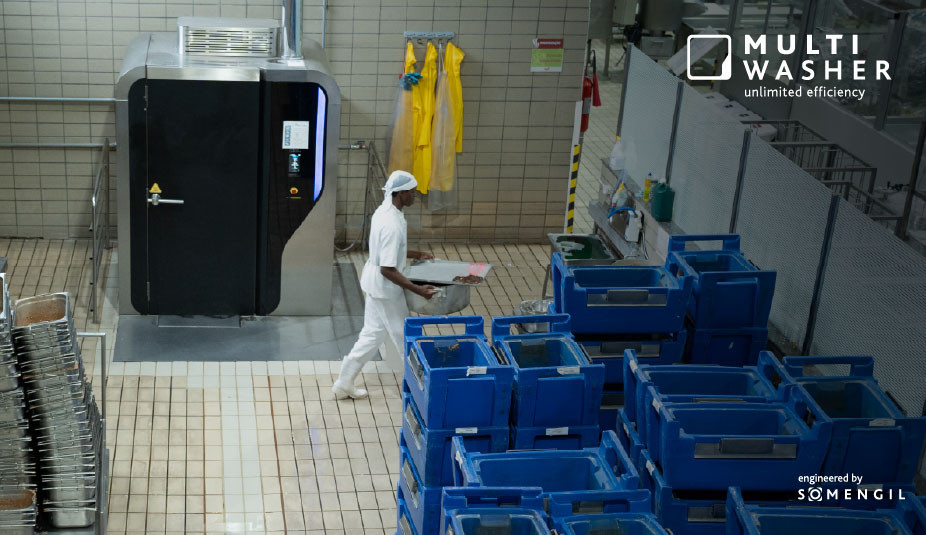



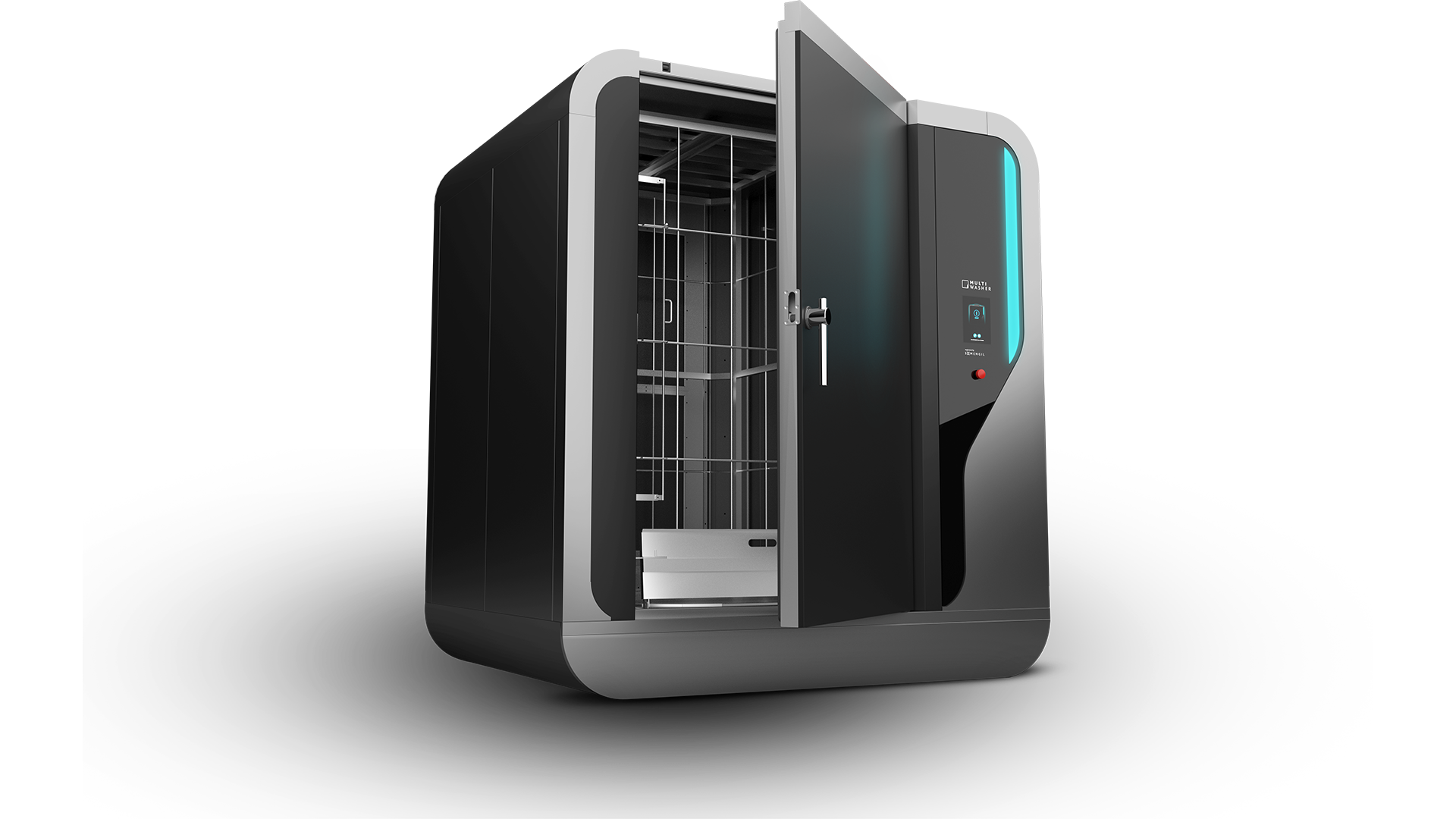

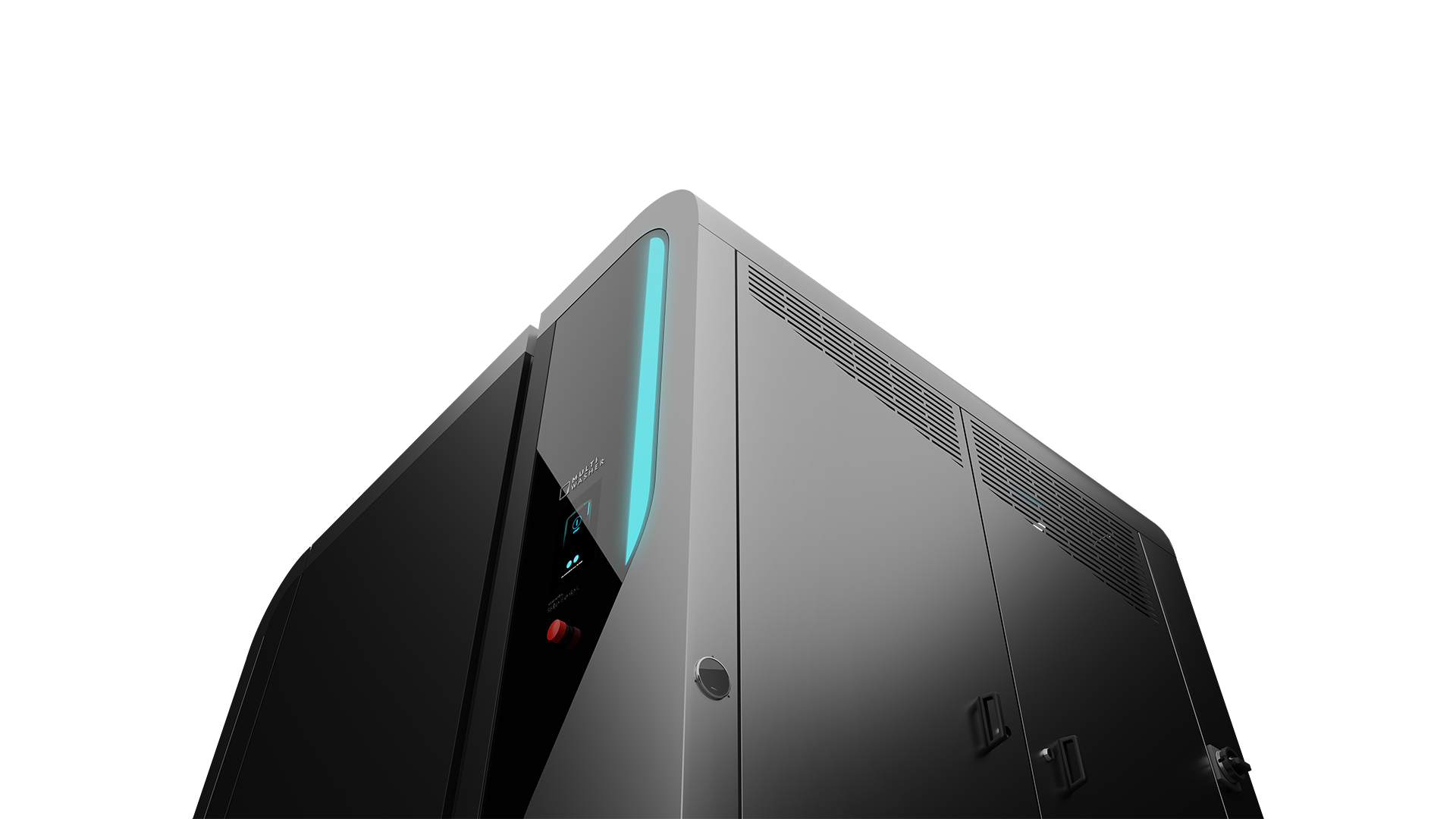


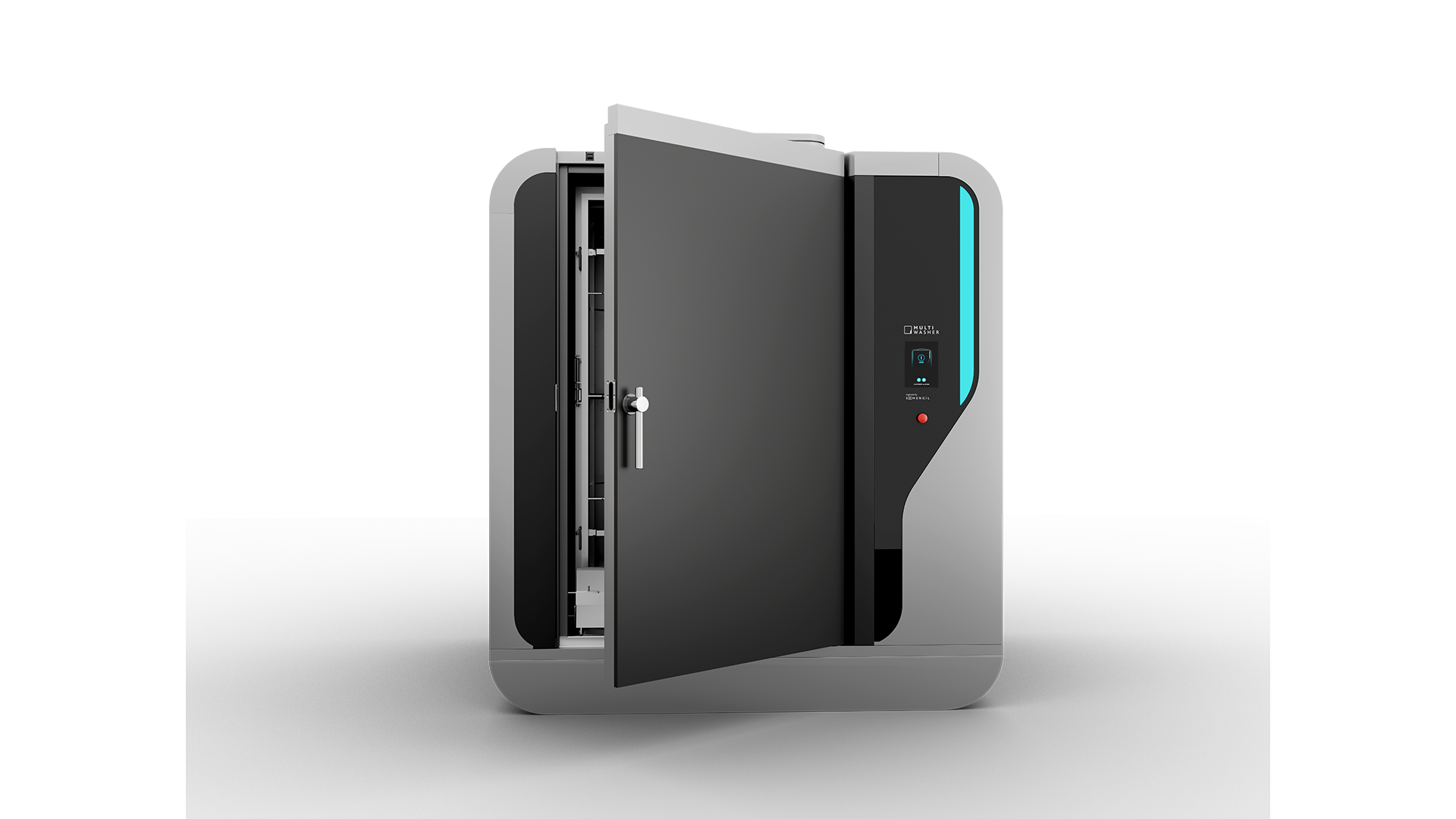
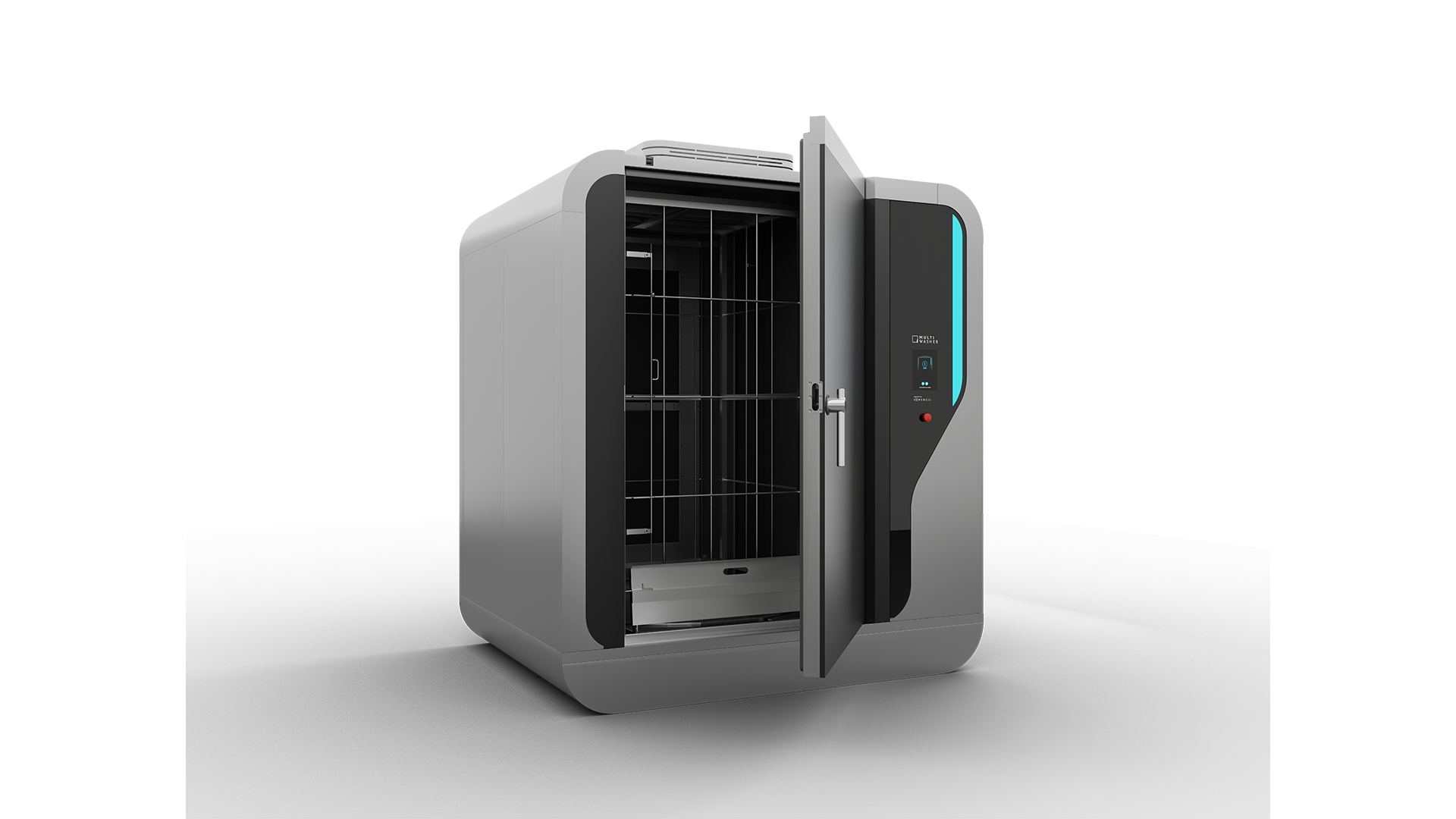
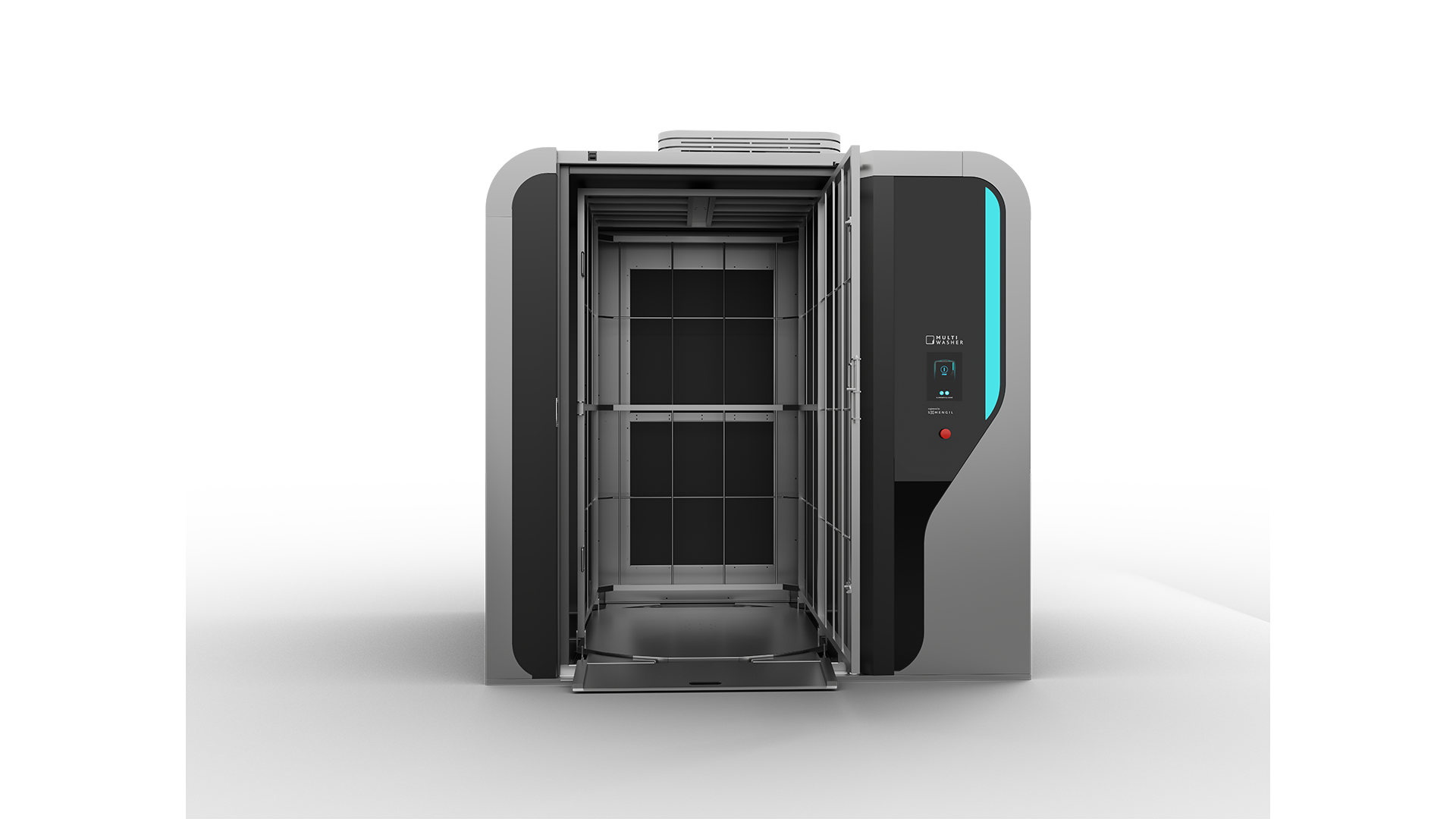
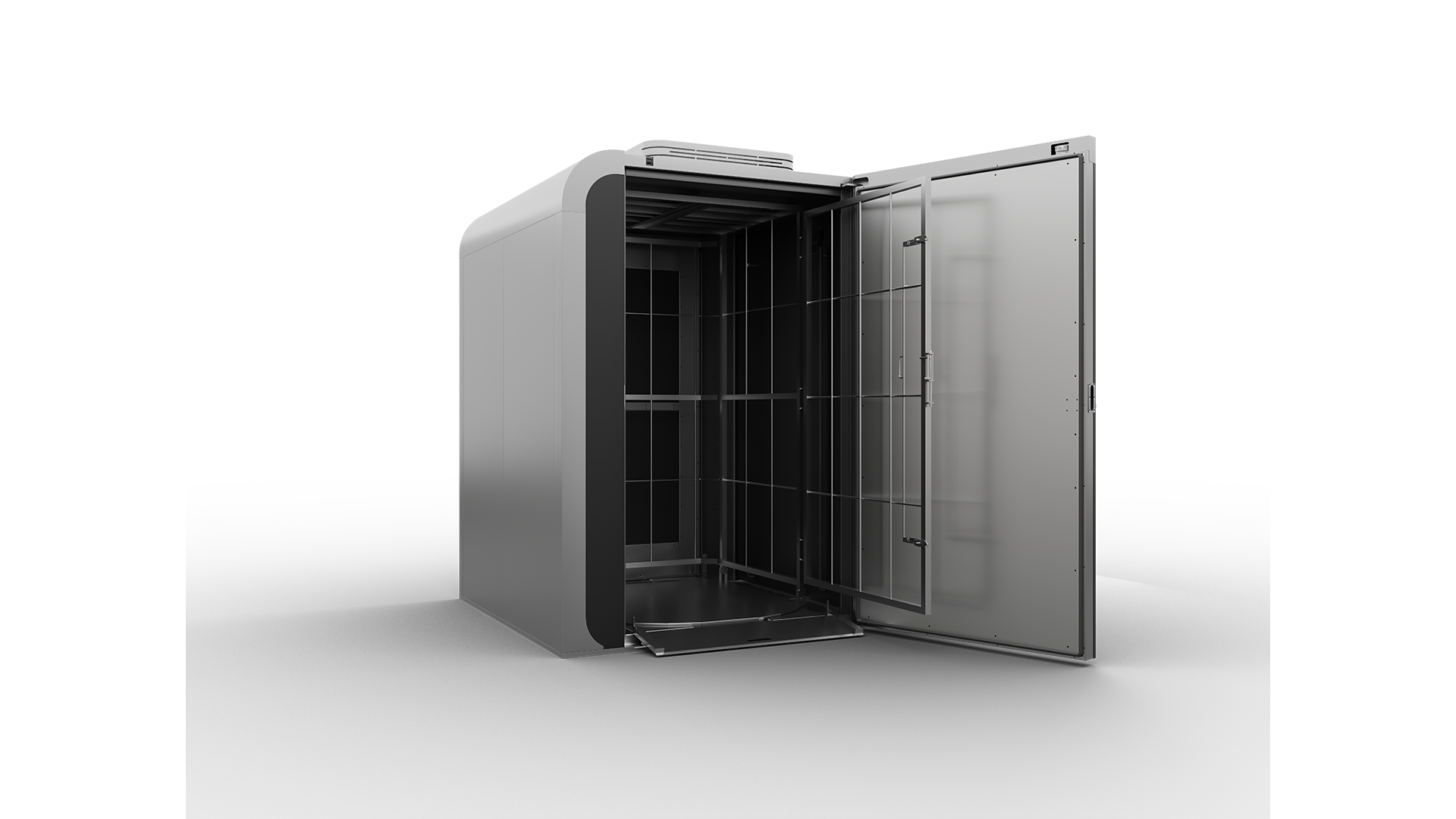

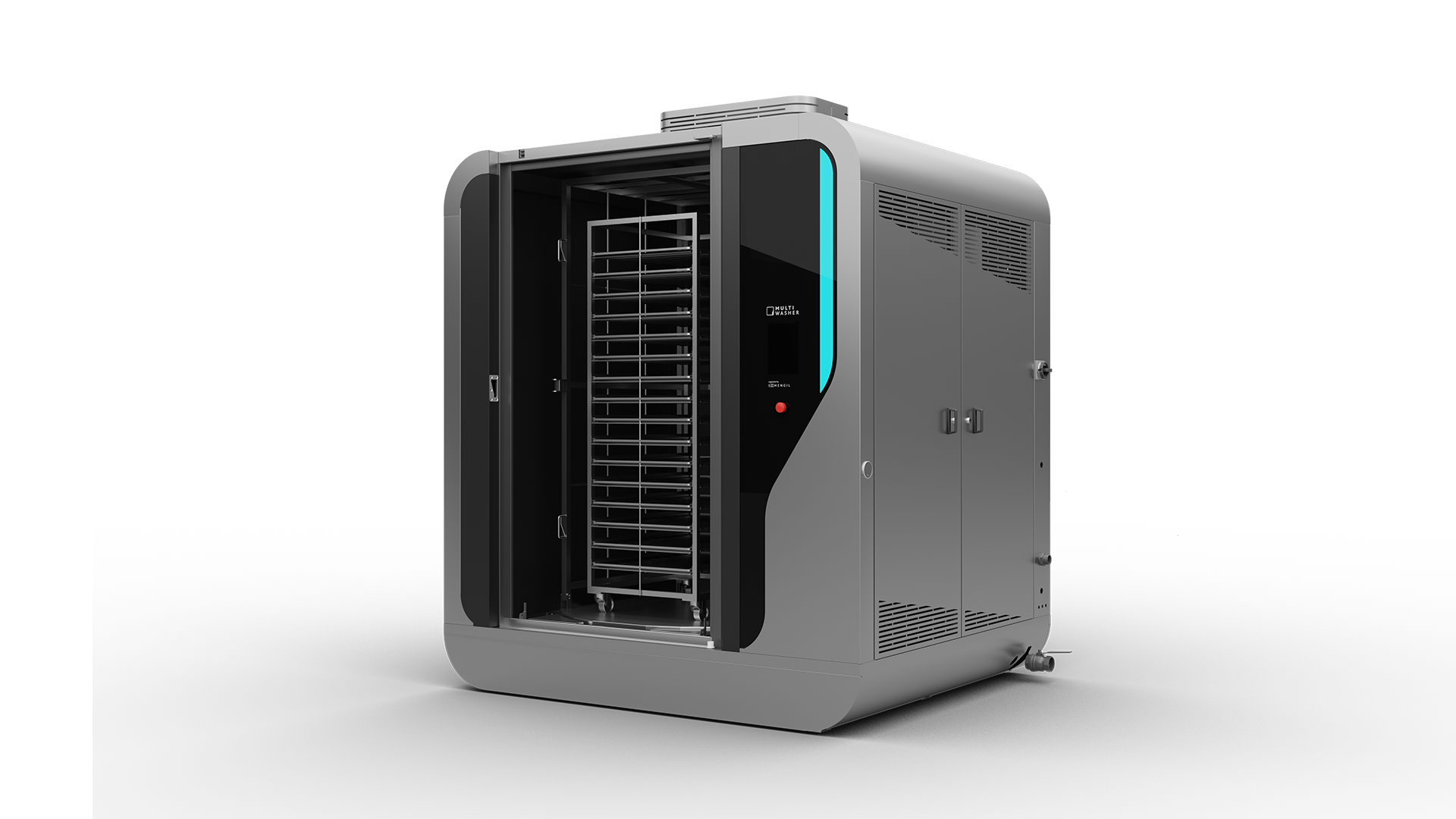
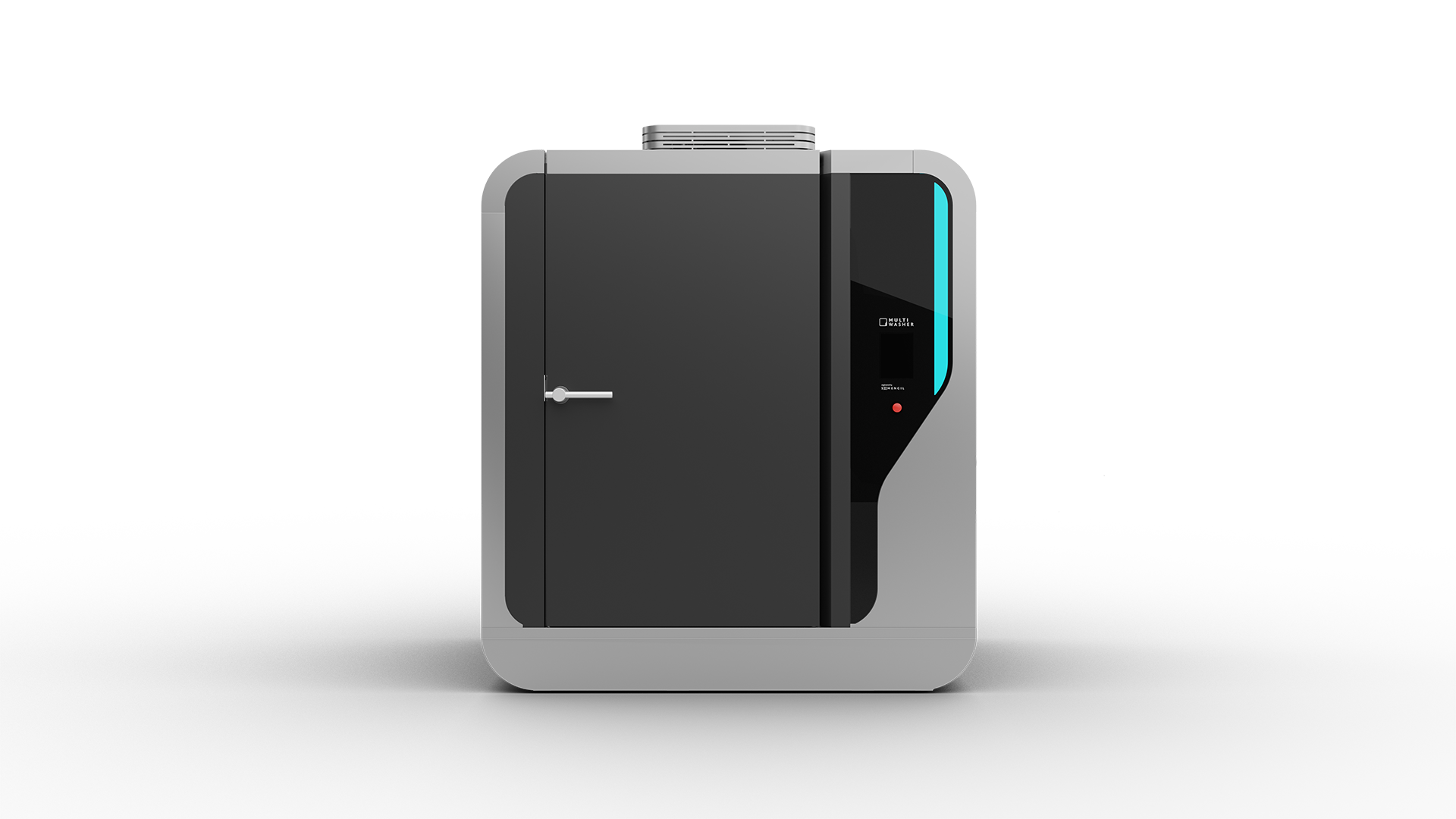




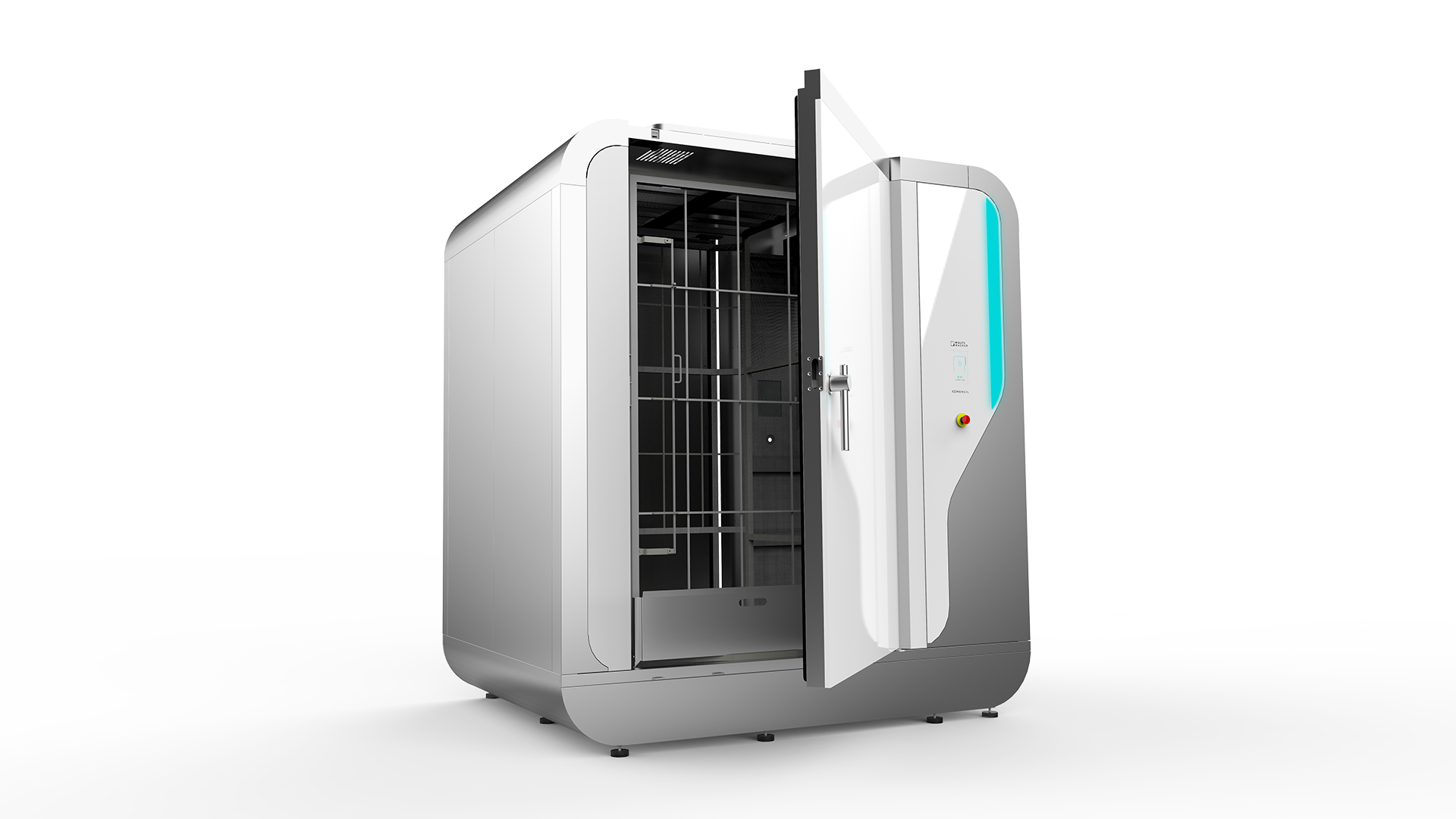


 Portugal
Portugal United Kingdom
United Kingdom United States
United States France
France Spain
Spain Germany
Germany Romania
Romania Italy
Italy Czech Republic
Czech Republic Finland
Finland Hungary
Hungary Slovakia
Slovakia Greece
Greece Lithuania
Lithuania South Korea
South Korea Russia
Russia Saudi Arabia
Saudi Arabia Poland
Poland Brasil
Brasil Hebrew
Hebrew